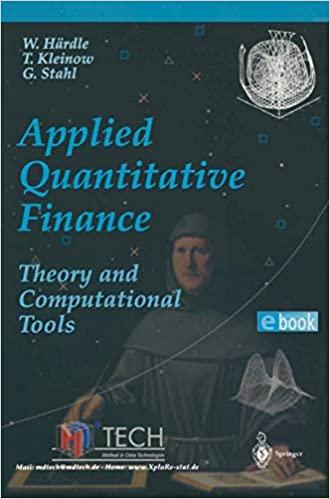| | A lower rate of inflation than other countries. 2. Foreign currency is usually referred to as Question 2 options: | | "foreign commodities." | | | "foreign exchange." | | | "foreign investment." | | | "foreign value." 3. All else held constant, the near-term result of a decrease in the exchange value of country A's currency against country B's currency would most likely Question 3 options: | | increase A's exports to B. | | | decrease B's trade deficit with A. | | | increase B's exports to A. | | | decrease B's imports from A. 4. When international trade occurs, currency exchange Question 4 options: | | is usually optional and rarely necessary. | | | can be avoided through careful planning. | | | is both necessary and unavoidable. | | | cannot occur unless both parties are coerced. 5. Question 5 (1 point) In order to purchase a vacation home in Great Britain, an American buyer would Question 5 options: | | demand British pounds and supply U.S. dollars in the foreign exchange market. | | | demand U.S. dollars and supply British pounds in the foreign exchange market. | | | demand and supply British pounds, but not U.S. dollars, in the foreign exchange market. | | | demand and supply U.S. dollars, but not British pounds, in the foreign exchange market. 6. Which of the following will lead an American to exchange U.S. dollars for British pounds? Question 6 options: | | Importing a case of British salmon | | | Purchasing a cottage in the British countryside | | | Investing in a British manufacturing company | | | All of the above 7. Which of the following was established as a result of the Bretton Woods Conference? I. The International Monetary Fund (IMF) II. The World Bank III. The Geneva Conventions Question 7 options: | | I and II only | | | I and III only | | | II and III only | | | I, II, and III 8. A "weak" (i.e., decreased value) U.S. dollar in relation to other currencies will typically have which of the following effects? Question 8 options: | | U.S. exports to other countries will decline. | | | Foreign countries will sell more goods in U.S. markets. | | | The U.S. trade deficit will increase. | | | None of the above. 9. Special Drawing Rights (SDRs) Question 9 options: | | constitute an international currency created by the International Monetary Fund. | | | are considered as "paper gold", used as a substitute for gold in international exchange. | | | are used as part of the official reserves of central banks to settle international debt. | | | all of the above. 10. Which of the following will lead to an inflow of U.S. dollars in the U.S. Balance of Payments account? Question 10 options: | | Exports of U.S. goods and services | | | Gifts (aid) received by the U.S. from foreign countries | | | Foreign investment in U.S. Treasury securities | | | All of the above 11. If the U.S. sells $150 million of wheat to Brazil in return for $200 million of Brazilian oil, the $50 million difference will necessarily Question 11 options: | | be balanced by other transactions in the U.S. Balance of Payments account. | | | never by paid back, resulting in a $50 million loss for Brazil. | | | result in the sale of $50 million more wheat to Brazil later on. | | | obligate the U.S. to provide $50 million in foreign aid to Brazil. 12. An inflow of U.S. dollars to the U.S. Balance of Payments account will occur when Question 12 options: | | the U.S. buys foreign currency in international markets. | | | the U.S. donates foreign aid to other countries. | | | Americans make investments in foreign assets. | | | the U.S. exports merchandise to foreign countries. | Save 13. A demand for foreign goods Question 13 options: | | is a demand for foreign currency. | | | requires supplying domestic currency. | | | both of the above. | | | none of the above. | | | | | | | | | | | |






